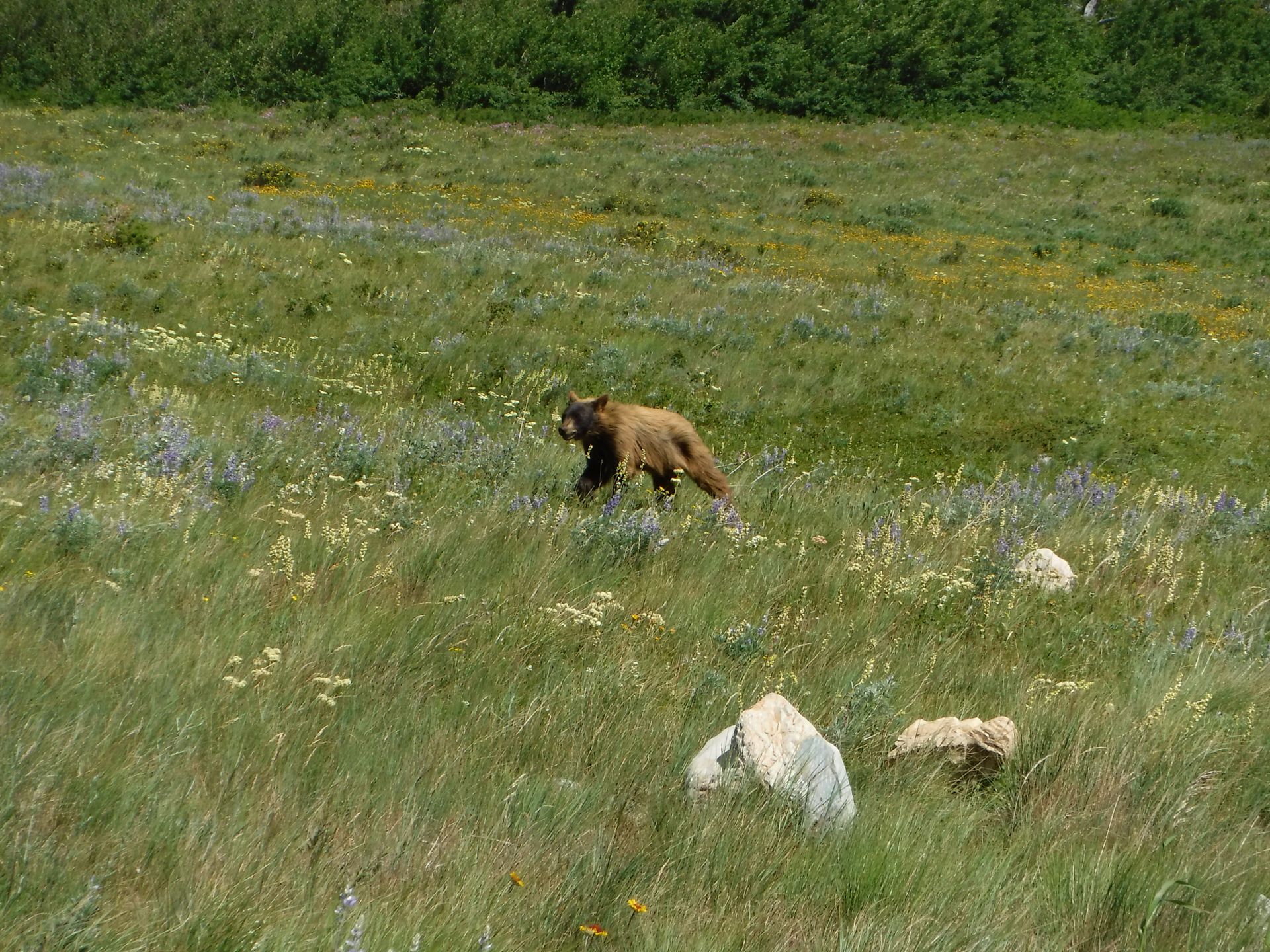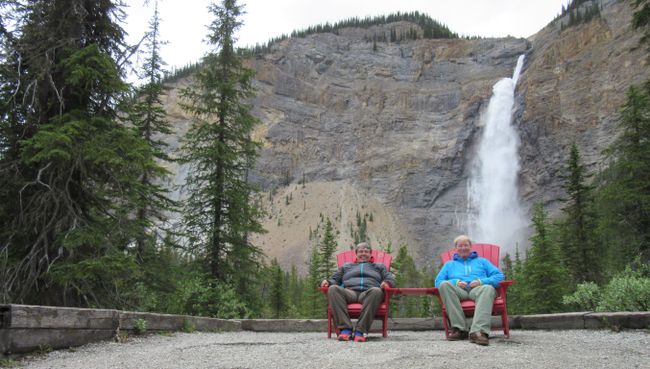Canyon and Sand Dunes
Objavljeno: 07.05.2018
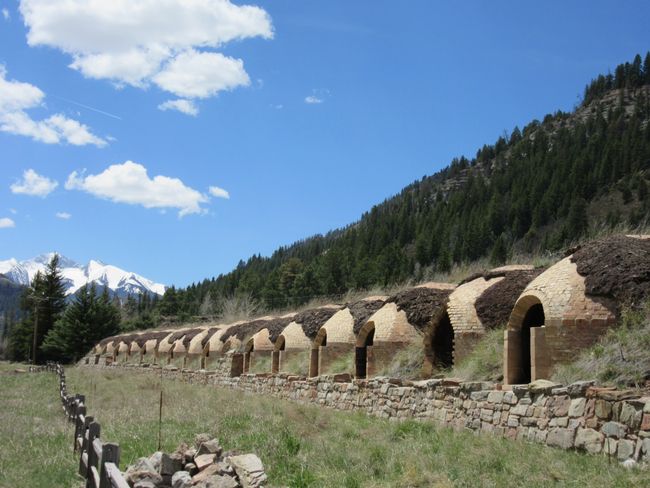
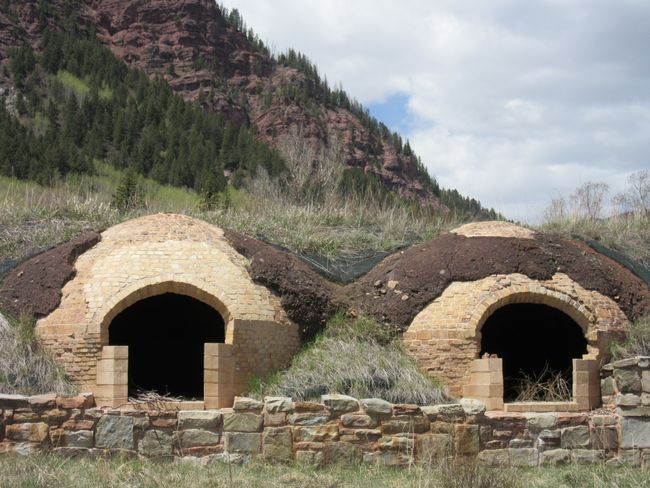
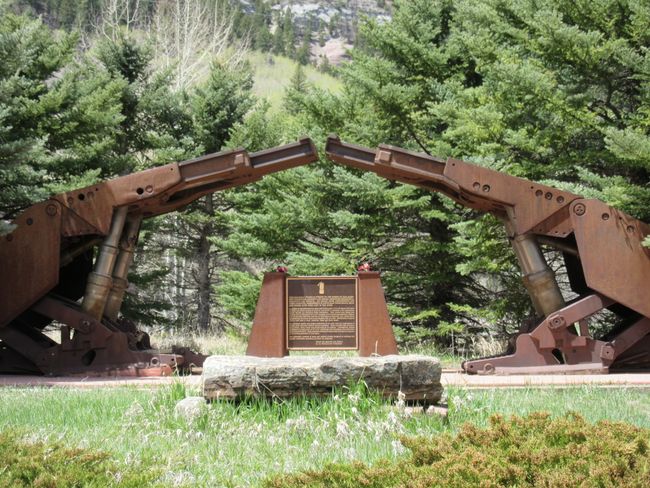
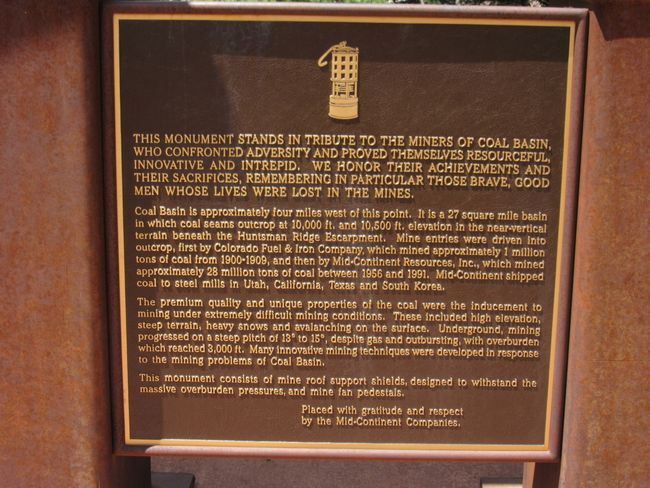
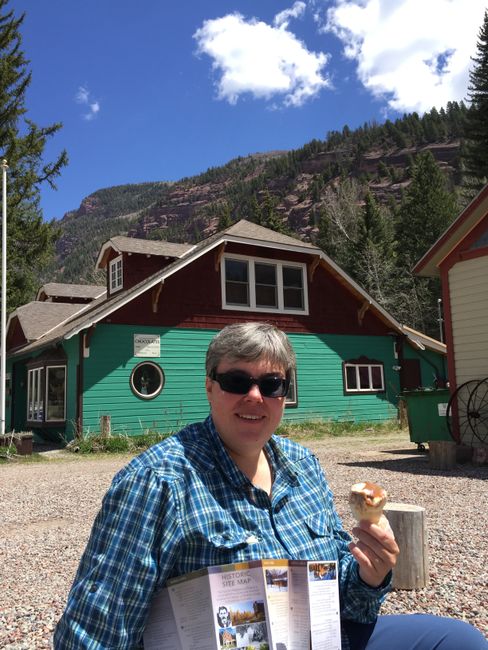
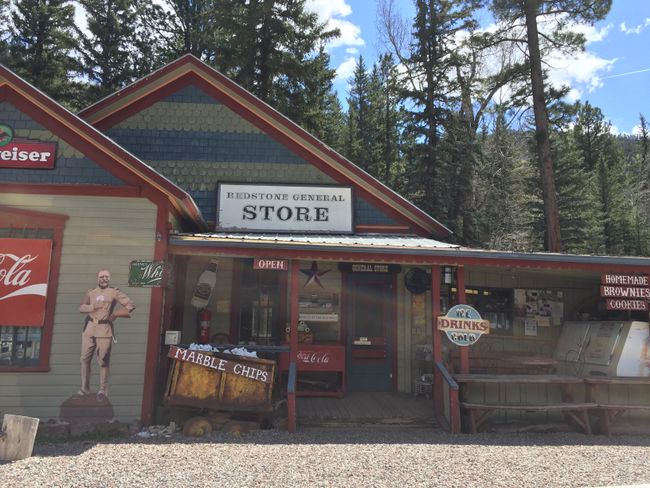
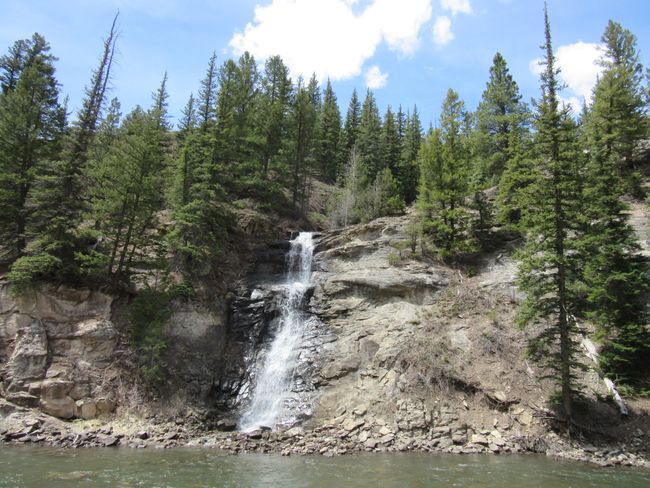
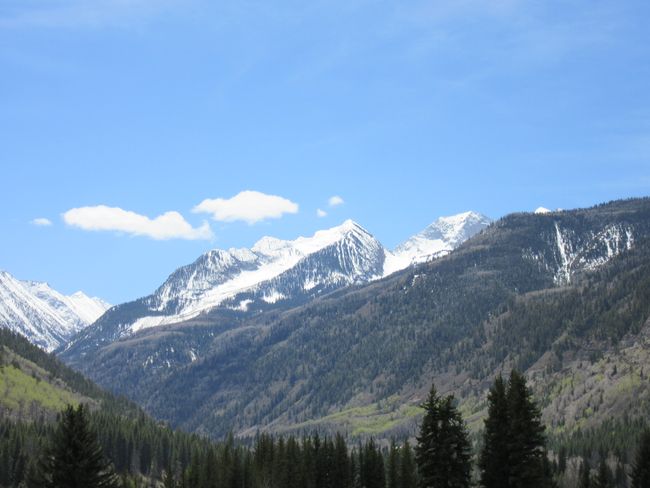
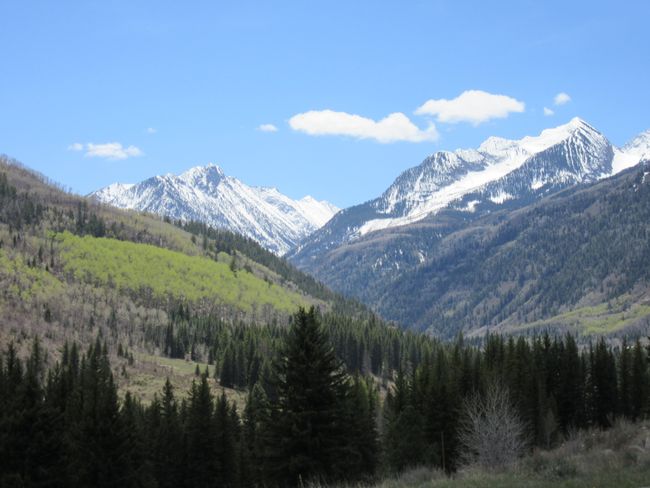
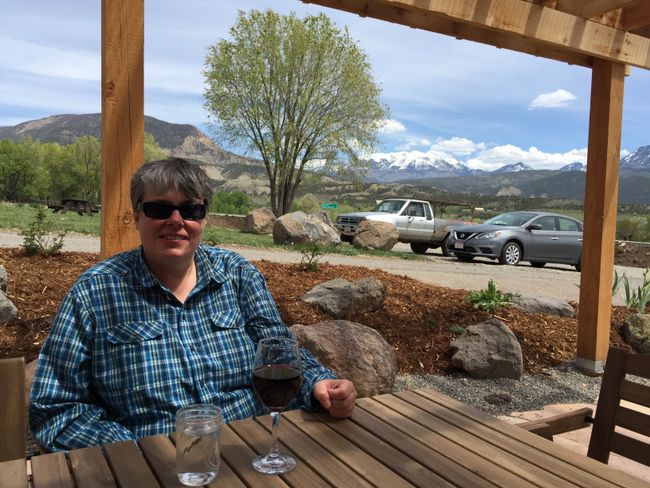
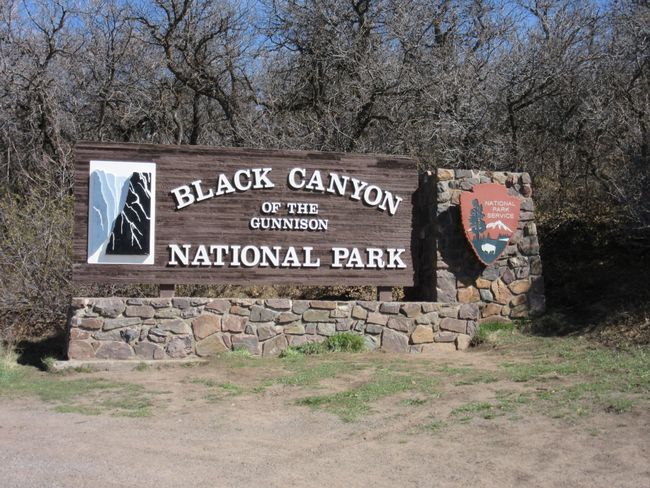
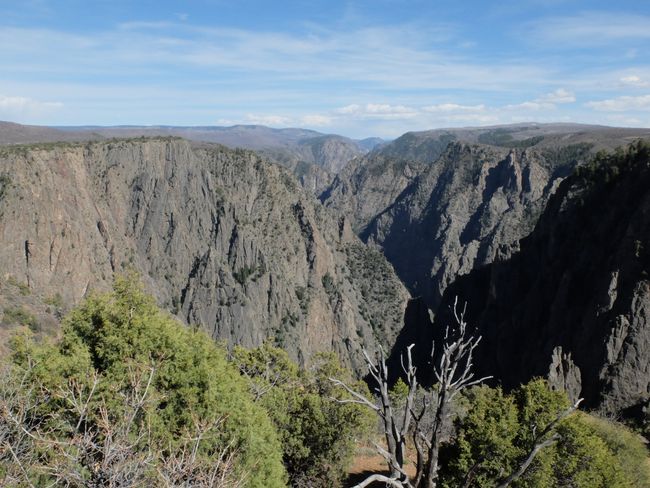
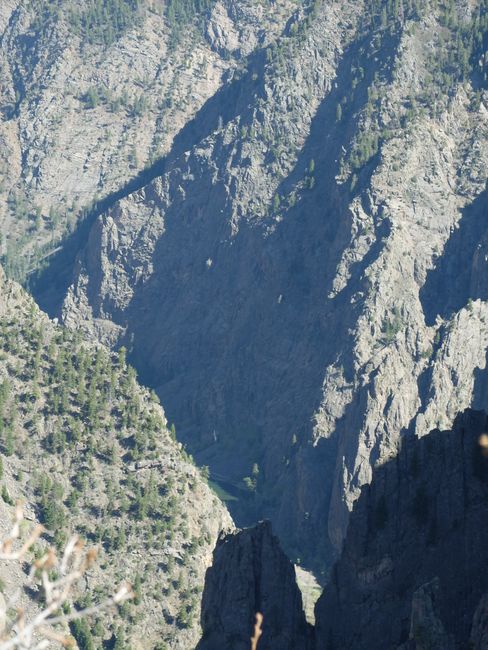
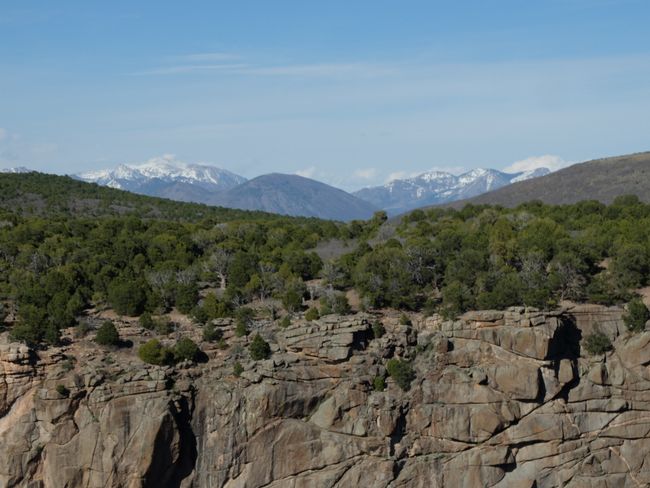
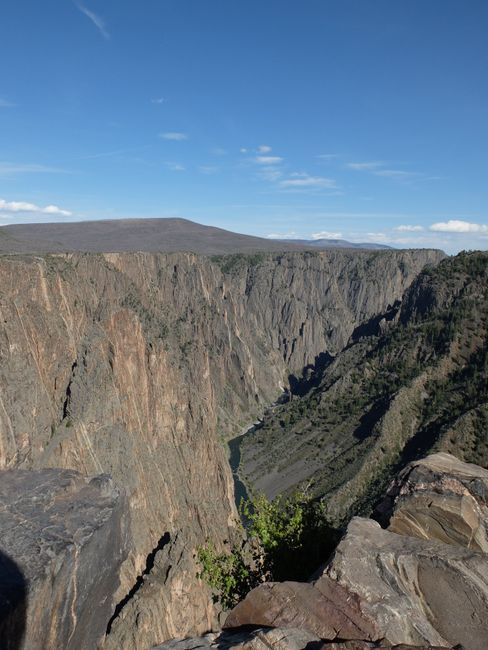
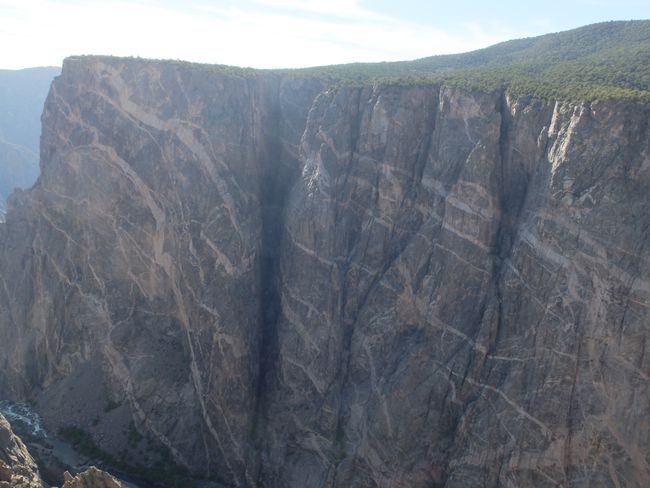
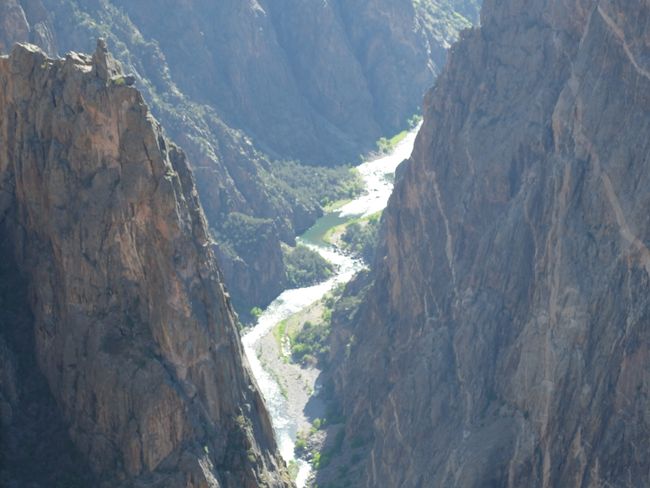
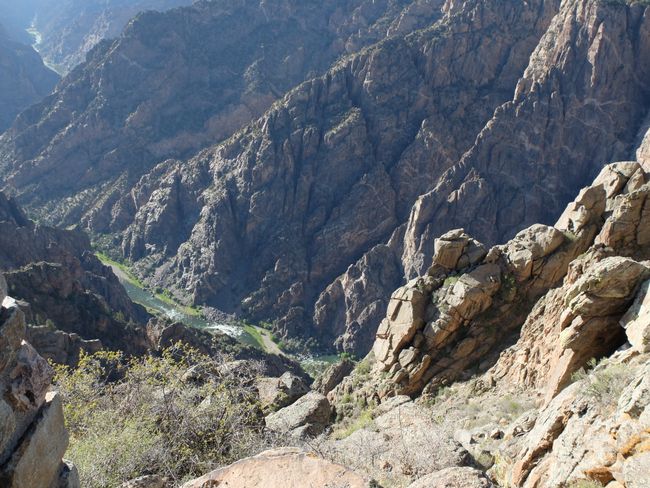
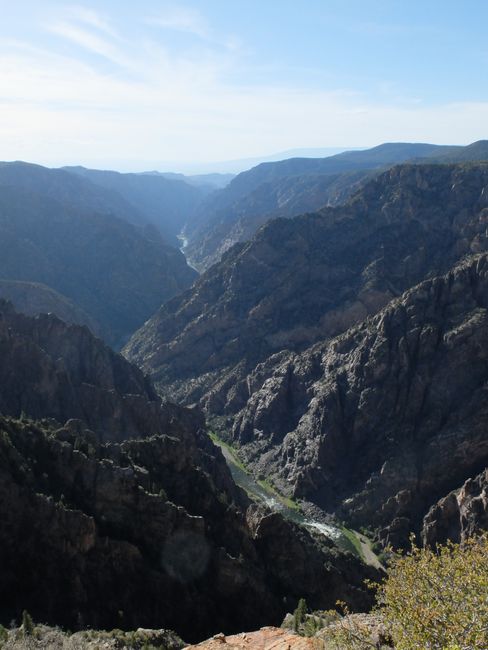
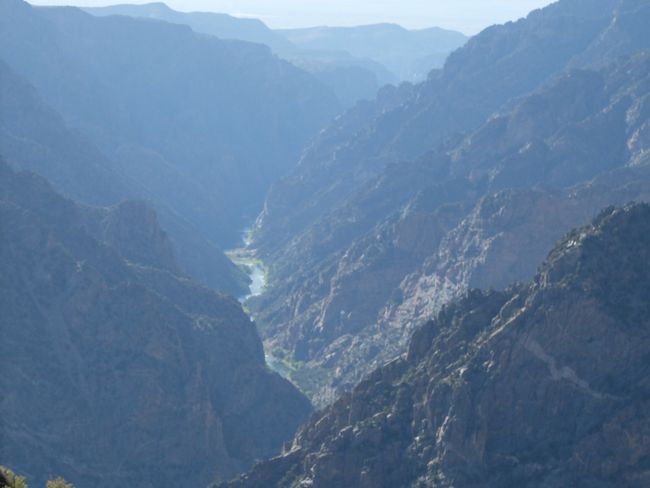
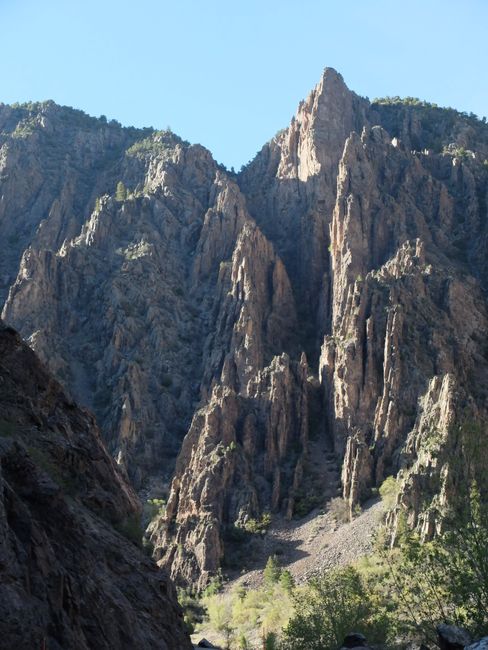
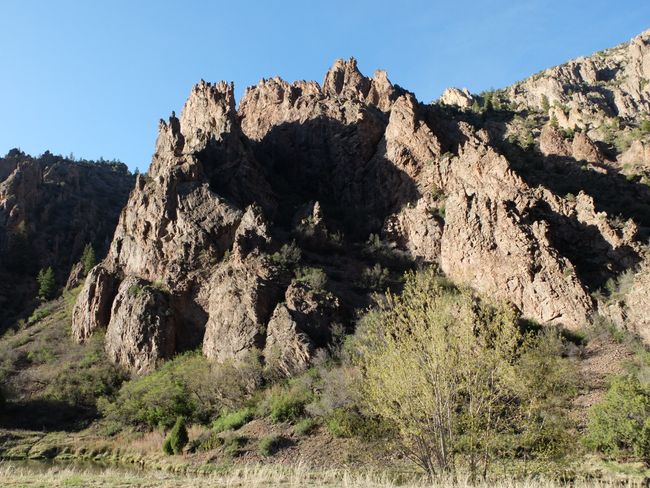
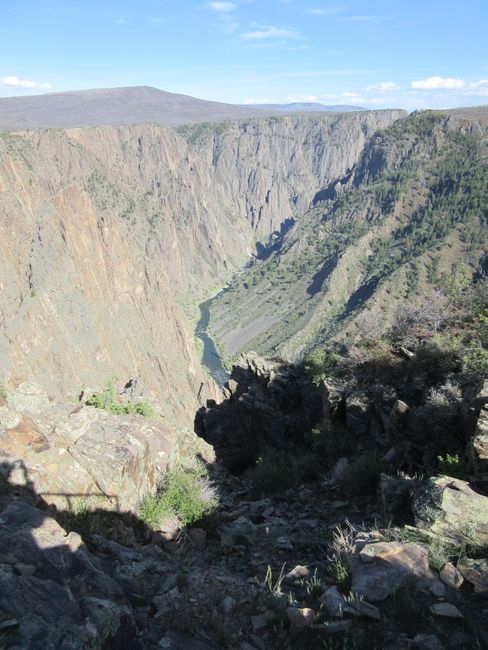
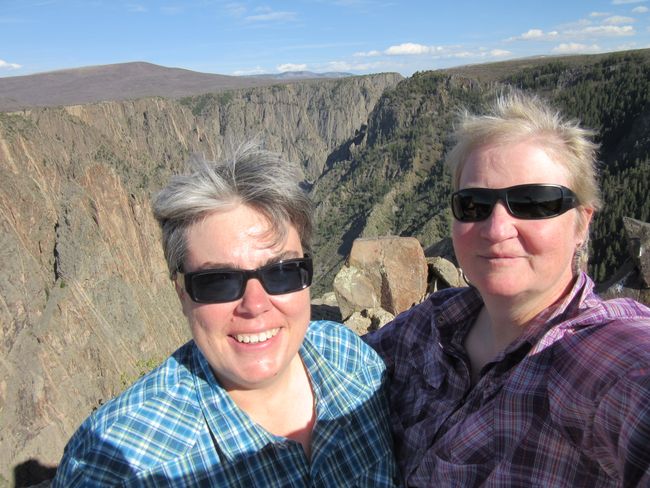
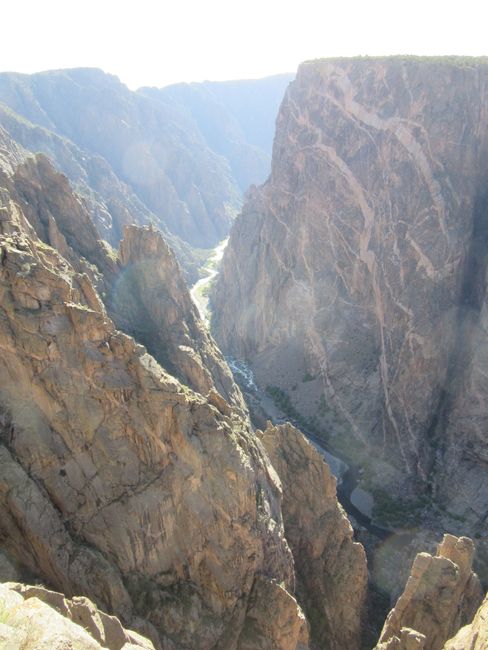
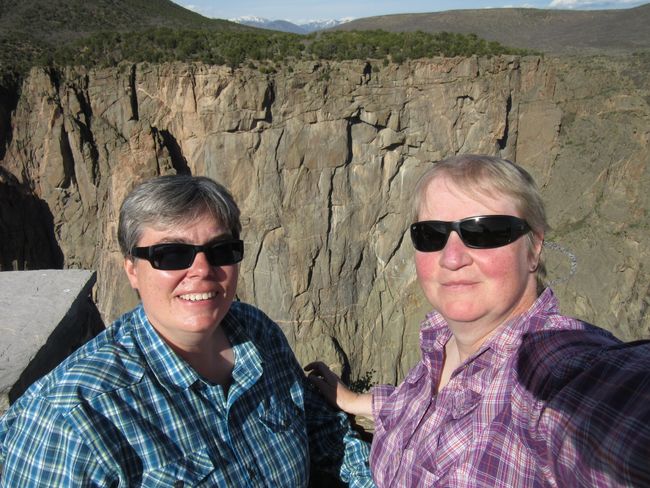
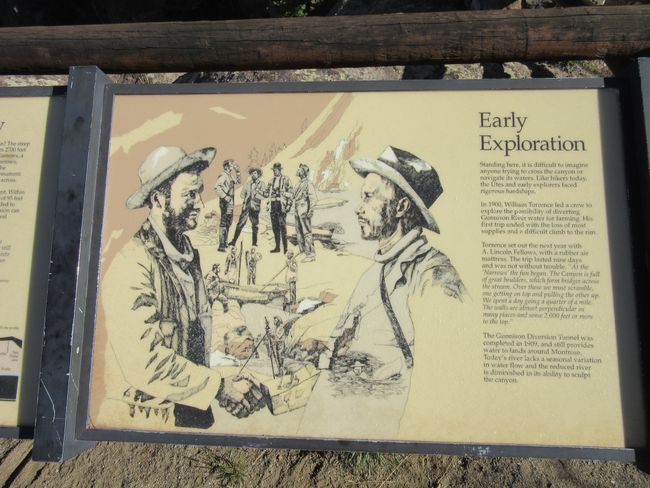
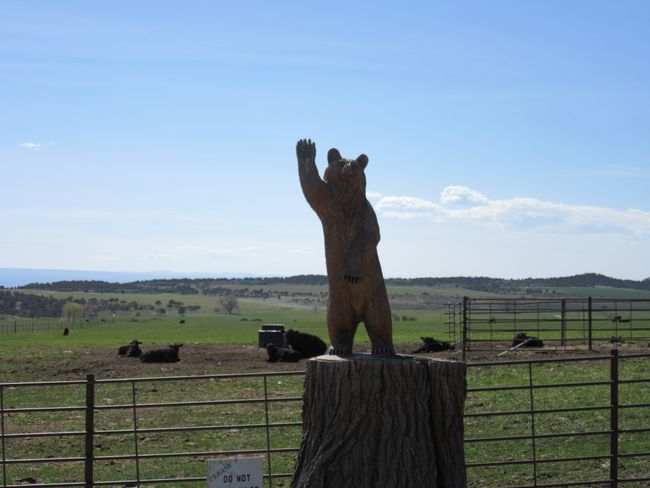
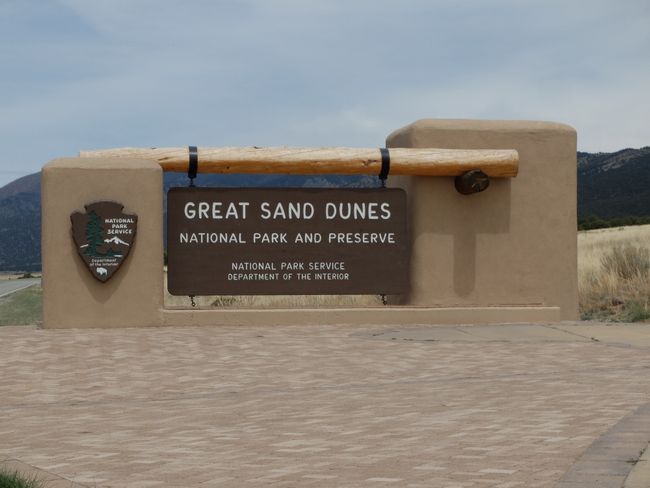
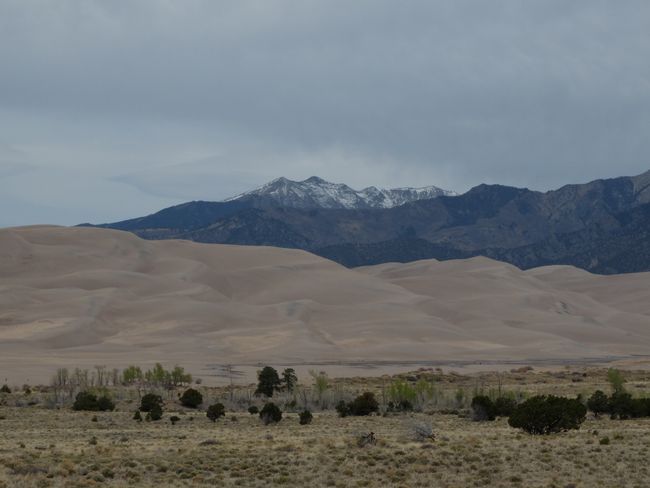
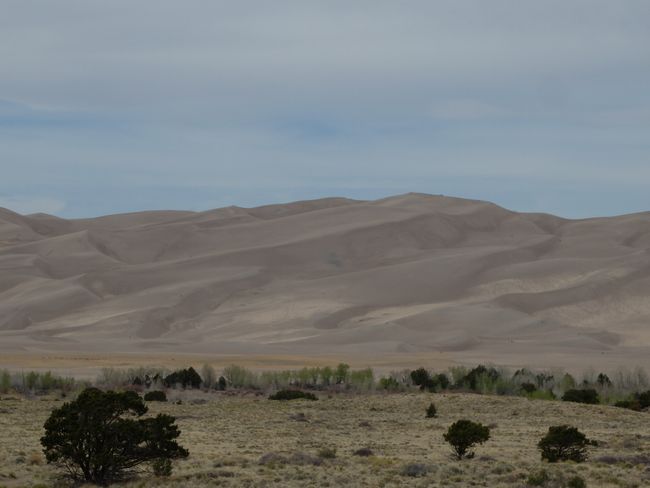
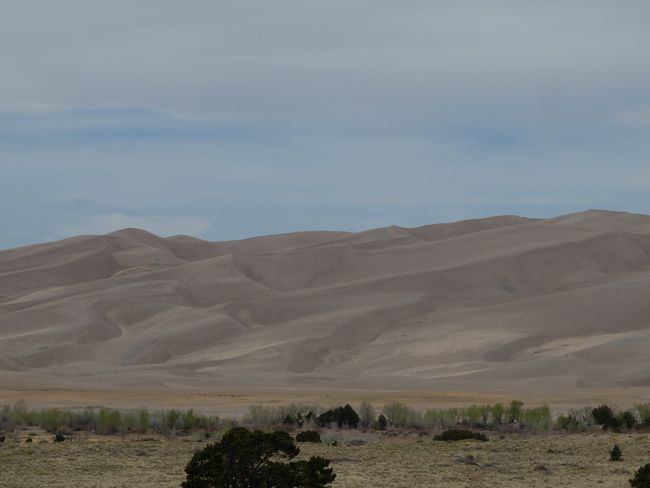
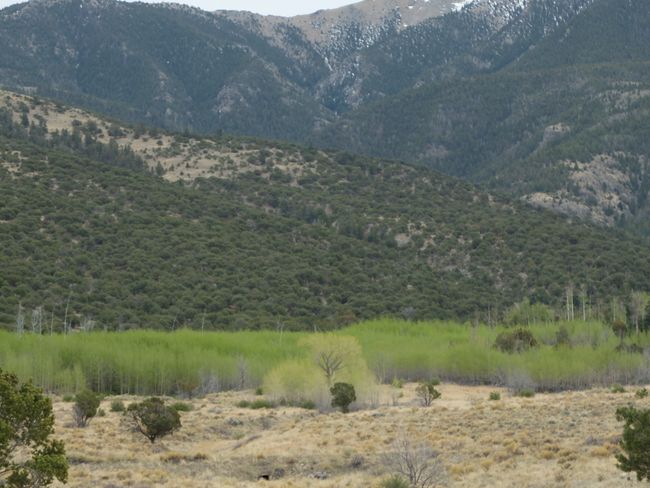
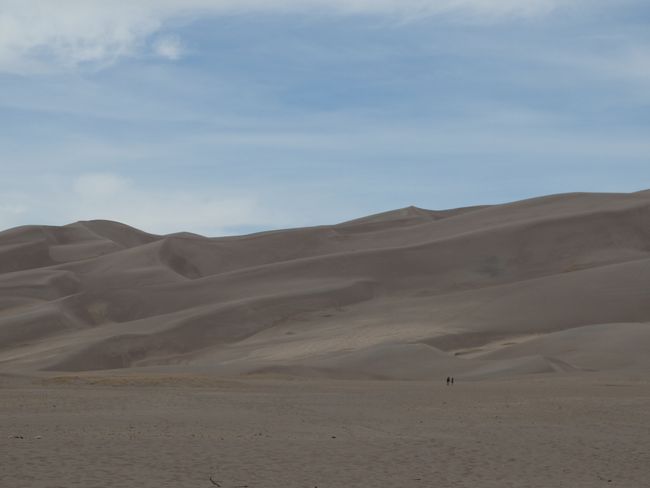
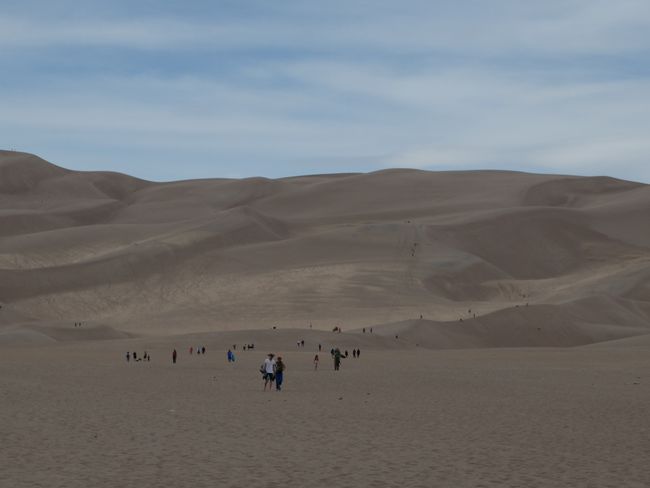
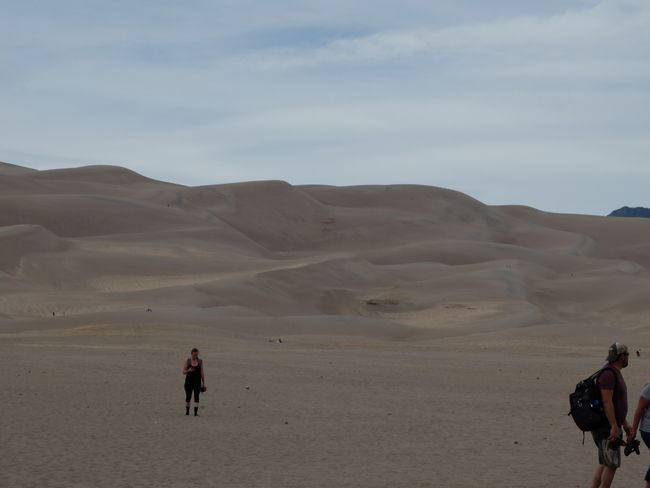
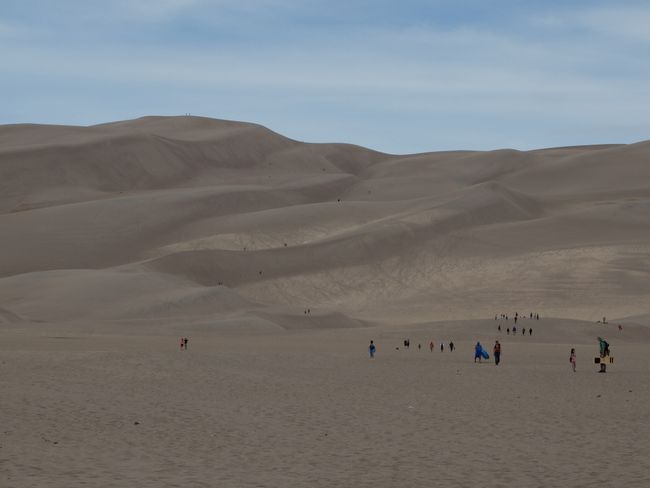
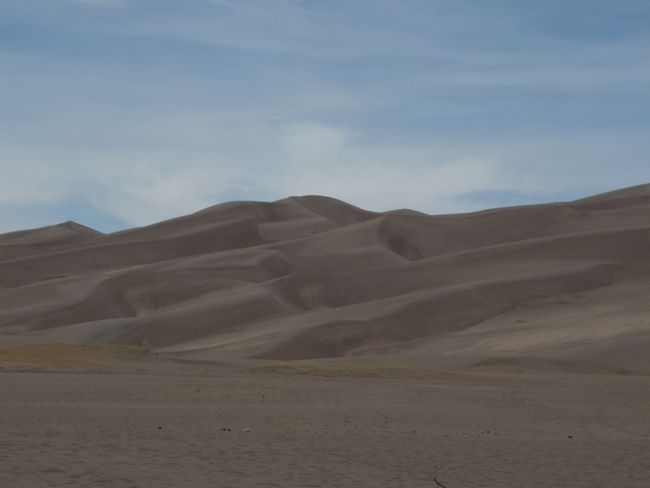
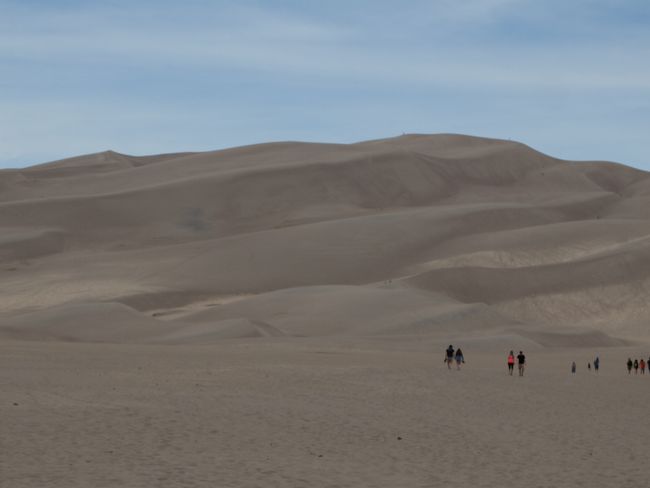
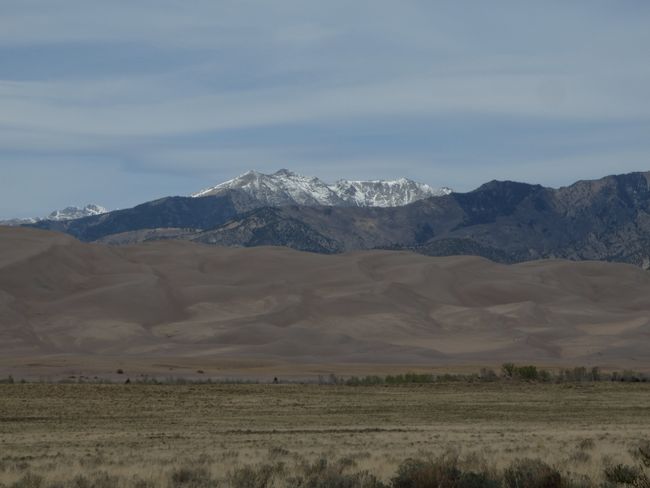
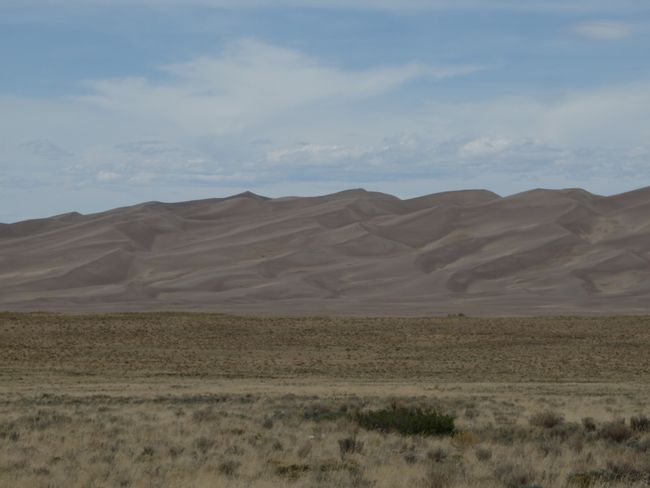
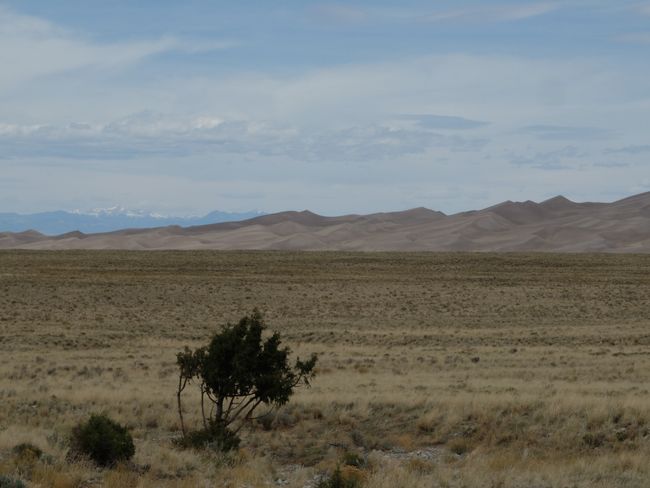
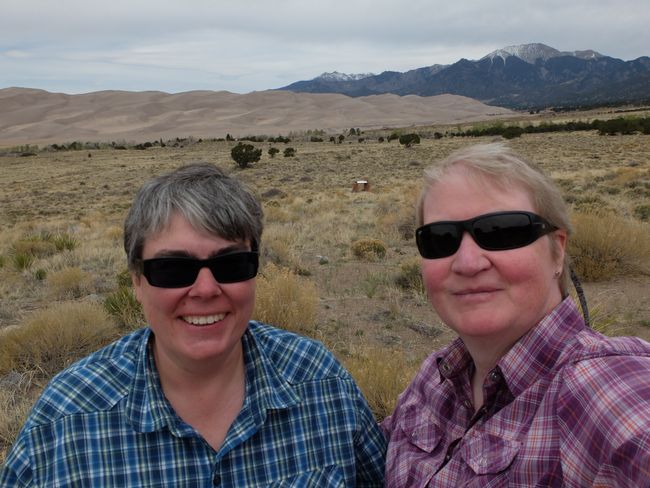
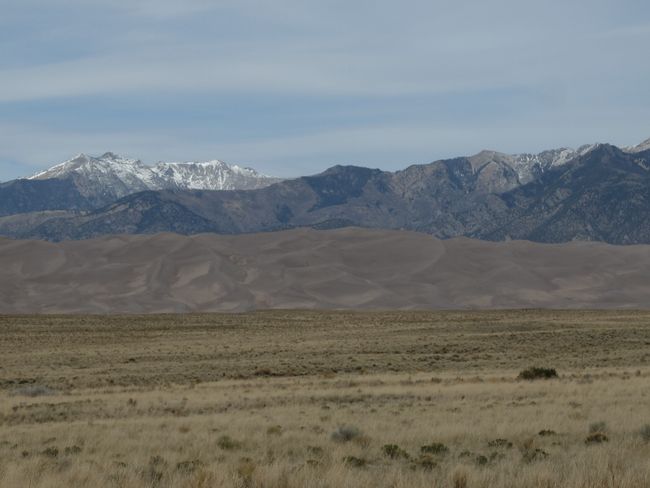
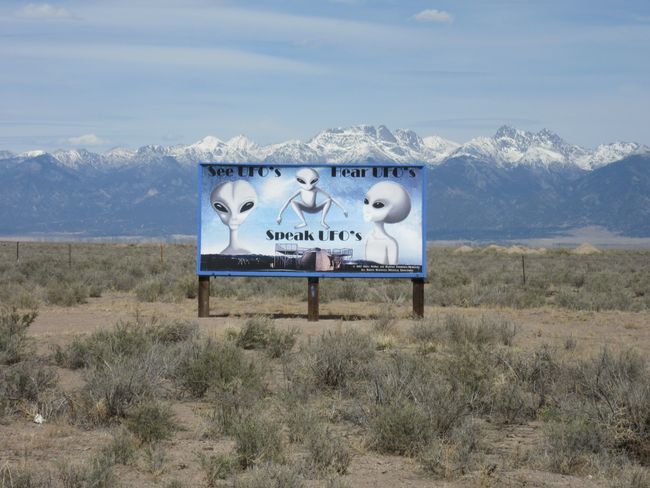
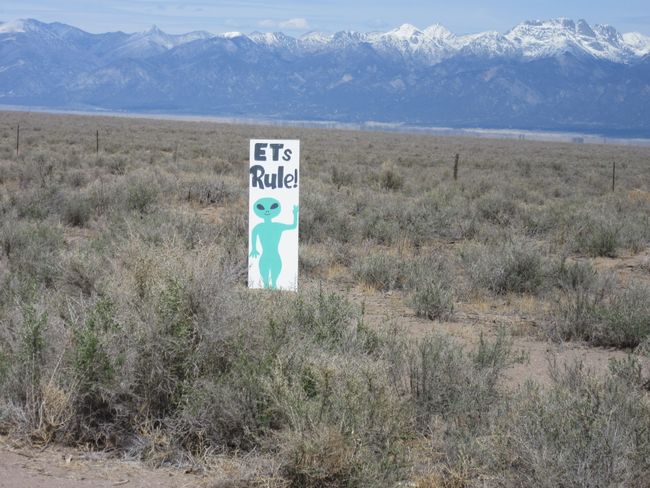
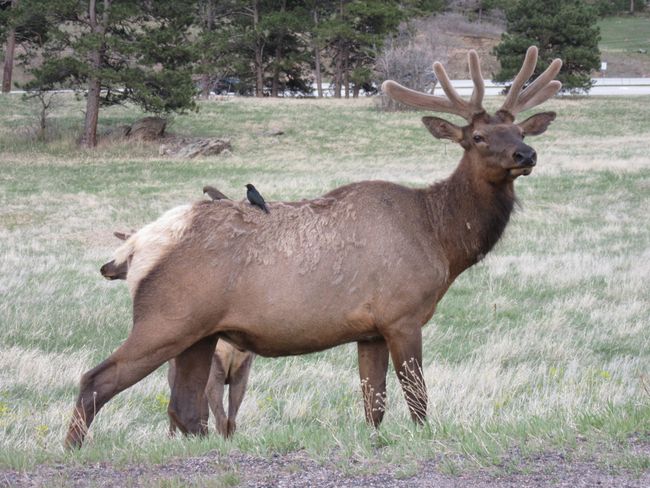
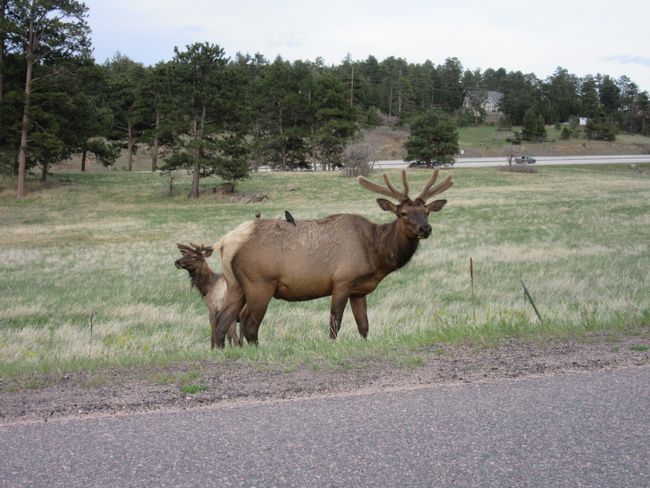
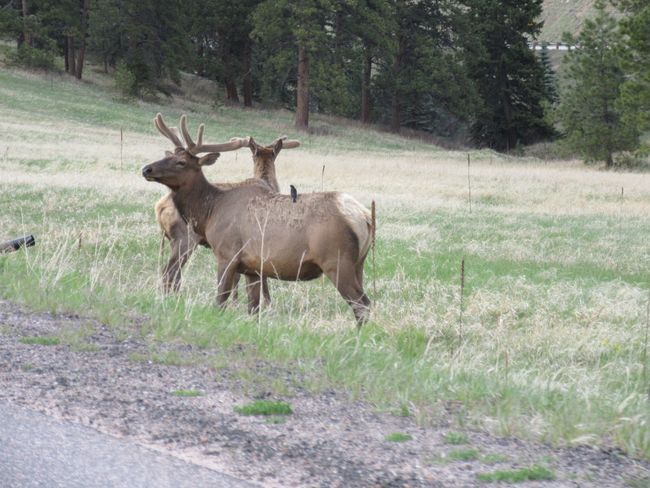
Naročite se na glasilo
From Aspen, we let ourselves drift westward. The road followed a river, and the snow-covered mountains were always around us. We took a break in Redrock. Here, old ovens stand by the roadside, where coal was transformed into coke for many years. The whole region lived off of it. Redrock had a small store that had everything the heart desires - even a real espresso machine and therefore really good coffee.
We passed larger coal mining areas before reaching a wine-growing region at an altitude of about 1,750 meters. We were quite surprised, we hadn't expected that. On the side of the road, we discovered a sign that said "Wine Tasting" so we decided to stop. I tried a little and was surprised. The quality was not bad at all. I decided to have a glass of Pinot Noir. There were very tasty homemade quiches and empanadas to eat, and the store also housed a coffee roastery, so we stayed there for a while. The coffee here was really great, especially since it was served in a real porcelain cup. That is a highlight here ☕️
We continued on to the Black Canyon of the Gunnison National Park. And once again, we were surprised. Incredible views awaited us. The canyon is only "nearly" 15 km wide - for comparison: the Grand Canyon is almost 34 km wide - but it is not as crowded and just as beautiful. The park was only added to the National Park list in 1999. Given the current threat from politics and the EPA (the agency that is supposed to take care of nature conservation, but now has Scott Pruit, a lobbyist for the oil and fracking industry, as its head), it is reassuring that some landscapes are protected in the long term. You can even drive down to the river and look at the rocks from below. During the steep descent, you just have to make sure that the brakes don't fail... unfortunately, the bear with the two cubs was no longer there, as a tourist told us at a viewpoint.
The next stop was the Great Sand Dunes National Park. Yes, you read that right, sand dunes. And they are the largest in North America. Nature ensures in a magnificent way that the dunes do not change in location. The wind carries the sand further, the mountain behind it catches it, and the river washes it back to where it came from. In this respect, these dunes can be used for sandboarding and extensive hikes since there is no danger of destruction, unlike, for example, the dune on the Curonian Spit. Nature takes care of constant "rebuilding".
Oh yeah, we could have also observed UFOs. We discovered a UFO observation station. We decided to skip it...
Naročite se na glasilo
Odgovori (1)
Regina
Tolle Bilder